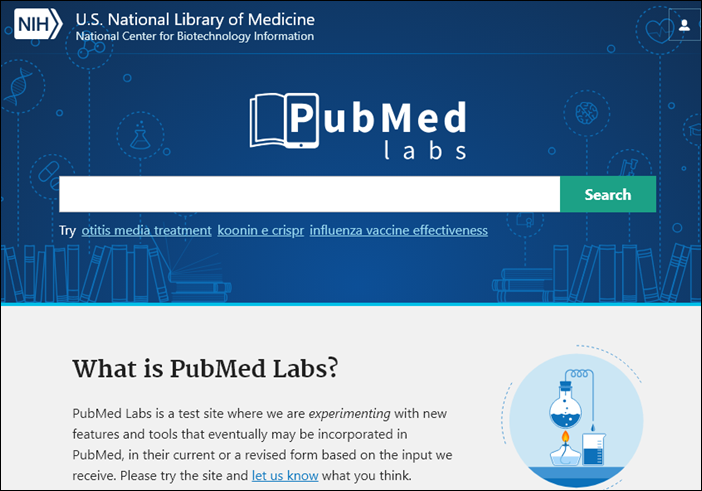Oftentimes when searching the literature, you may want to include conference abstracts. These can be vital sources of information in subject areas that are on the forefront of research or where the literature is scarce. However, finding and using conference abstracts can sometimes lead to confusion and frustration.
The first source of frustration is that conference abstracts are just that, abstracts. There are no full-text article associated with them. Sometimes the authors may publish an article later from their conference abstract, but this would be a separate citation. The “full-text” may only be a PDF of the poster abstracts, but typically will not include any more information than the database record.
The second source of frustration is finding these conference abstracts. Not every database includes conference abstracts, so if you are only searching PubMed you will not find them, as PubMed does not typically index conferences (including conference papers, posters, presentations, etc.).
The following databases are great for searching for conference abstracts/posters and papers:
- Web of Science: WOS Core Collection includes Conference Proceedings Citation Index- Science (CPCI-S) –1994-present and Conference Proceedings Citation Index- Social Science & Humanities (CPCI-SSH) –1994-present.
- Embase: “Embase includes conference abstracts from important biomedical, drug and medical device conferences dating back to 2009. It currently indexes 7,000+ conferences covering over 2.4 million conference abstracts-advanced information that can’t be found searching MEDLINE alone.”
- Scopus: “9 million conference papers from proceedings and journals.”
Takeaways:
- Not every database indexes conference abstracts – PubMed does NOT generally index conference abstracts.
- Most of the time the meeting abstract is included in the database record (unless it is a summary record to all the abstracts from a conference).
- There is no full-text article for a conference abstract – it is possible that later an article will be published based on the same study presented initially as a conference abstract, however that will be a separate citation.
